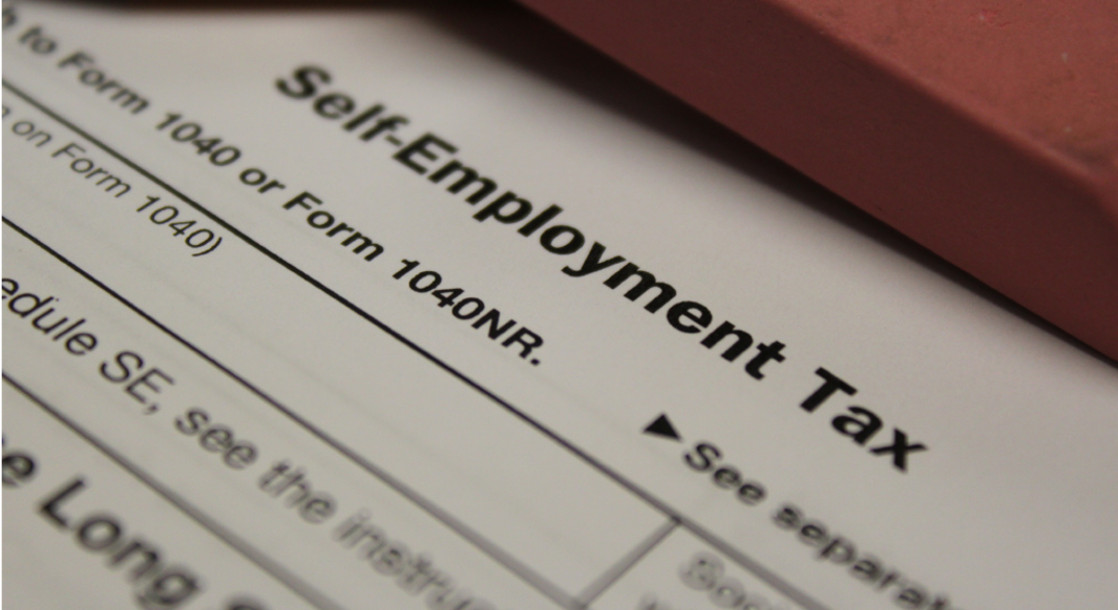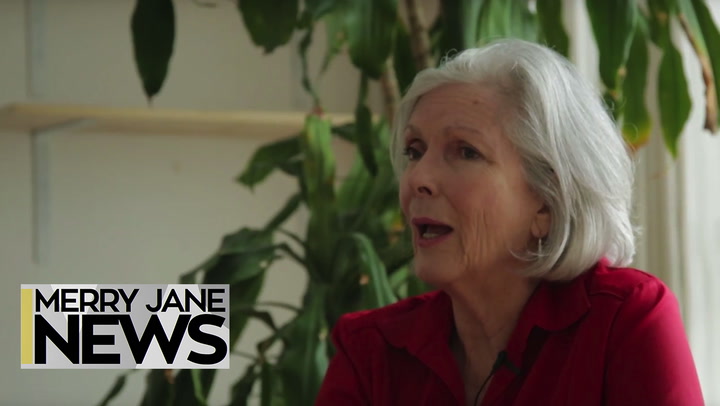Cover image via
Canadian doctors will soon be able to prescribe MDMA, psilocybin, or other psychedelic medicines to patients under a new revision to the country’s health regulations.
Last month, Health Canada announced a long-awaited amendment to its Special Access Program (SAP), which allows doctors to prescribe experimental drugs for patients with serious life-threatening conditions. This amendment, which took effect last week, will now allow physicians to access restricted drugs, including psychedelic medicines, through this program.
In an official announcement in the Canada Gazette, the government’s official newspaper, officials made it abundantly clear that “this regulatory change will not result in large-scale authorization for access to restricted drugs.” Physicians will only be able to access restricted drugs like MDMA or psilocybin on a case-by-case basis. In order for a SAP request to be approved, doctors must demonstrate that their patient has not responded to traditional therapies.
“Each request is assessed on a case-by-case basis, taking into consideration the level of evidence available on the use, safety and efficacy of the drug for the patient’s specific condition,” said Kathleen Marriner, Media Relations Officer of the Communications and Public Affairs Branch of Health Canada, to Benzinga.
SAP requests will only be granted for drugs that have shown promising results in Phase II or Phase III clinical trials. Hundreds of clinical trials have demonstrated that MDMA, LSD, psilocybin, and other psychedelics can treat a wide range of mental and physical health issues, though, and Health Canada is well aware of this fact.
“There has been emerging scientific evidence supporting potential therapeutic uses for some restricted drugs, most notably psychedelic restricted drugs such as MDMA and psilocybin,” officials wrote in the Gazette.
Health Canada has actually already granted specific exemptions allowing terminally ill patients to use medicinal psilocybin. Since August 2020, Health Minister Patty Hadju has allowed around four dozen patients the right to legally possess and consume psilocybin mushrooms during their end-of-life care. It can take months for individual requests like this to be approved, though, raising the risk that a patient will die before they can receive their medicine.
The new amendment to the SAP will vastly accelerate this process. Since this program is specifically designed to respond to medical emergencies, Health Canada provides 24/7 access to this program every single day of the year. There is no waitlist for drugs dispensed through this program, and health officials will respond to physicians’ requests within 24 to 48 hours.
But while these new regulations will streamline access to psychedelic medicines, officials have made it clear that these requests will only be granted in rare instances. “The regulatory amendments will not create large scale access to restricted drugs and they do not signal an intent towards the decriminalization or legalization of restricted drugs,” the Gazette reports. “The Special Access Program is for emergency treatment only.”
Since the program is for emergencies only, the new amendment will not allow physicians to offer psychedelic-assisted therapy to anyone that is not already at death’s door. The country’s health officials are well aware of the growing popularity of psychedelic medicine, though. Last month, Health Canada conducted a survey asking health care professionals, organizations, researchers, and the general public to share their opinions on these new treatments.
“Overall, nearly all comments were supportive of the proposed regulatory amendments and/or increasing access to psychedelic substances more broadly,” officials wrote in the Gazette. “The Department received very little opposition to the proposal, making up less than 2% of all responses.” This positive show of support may well convince Canada to further expand access to these healing medicines in the near future.











